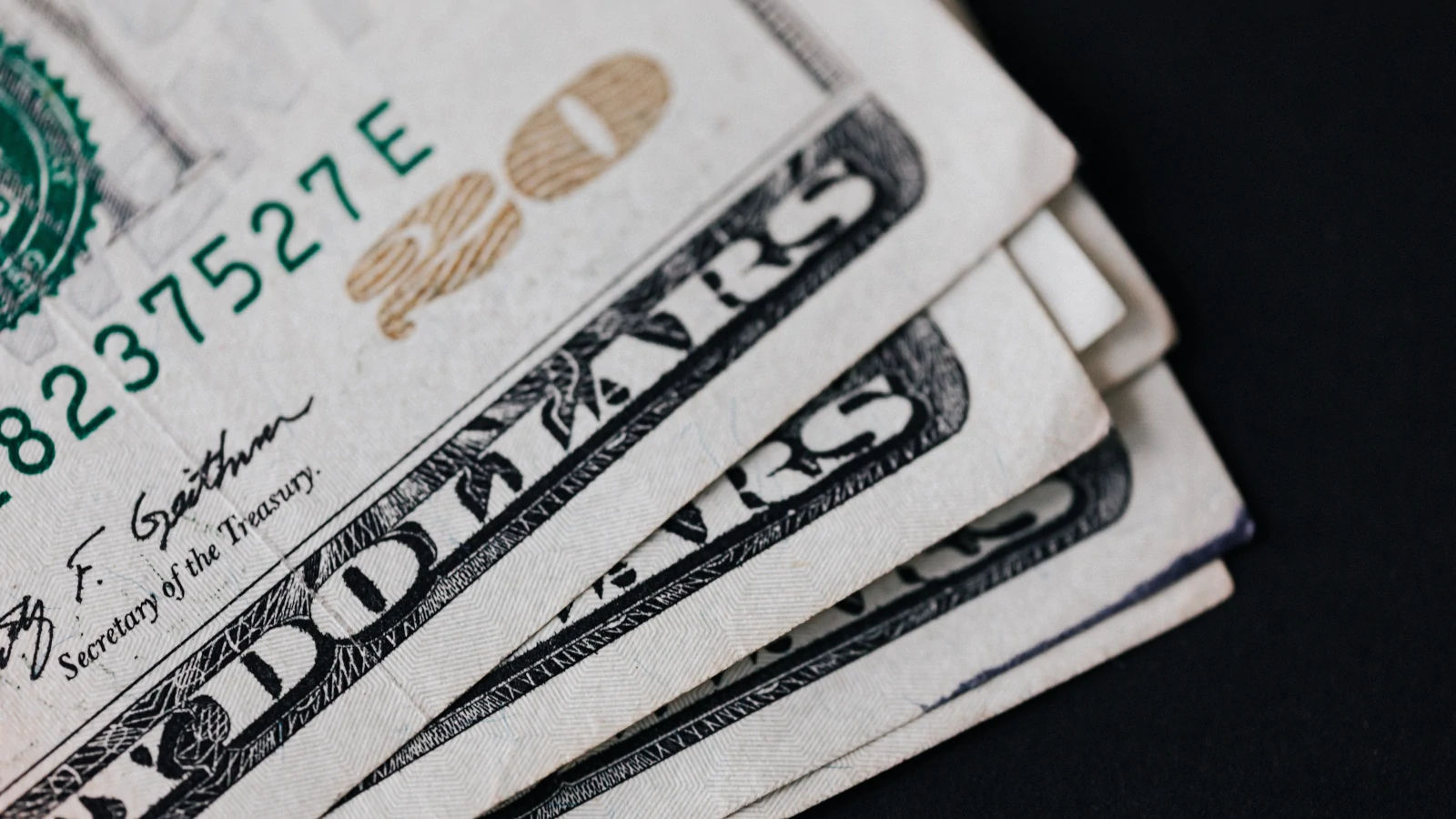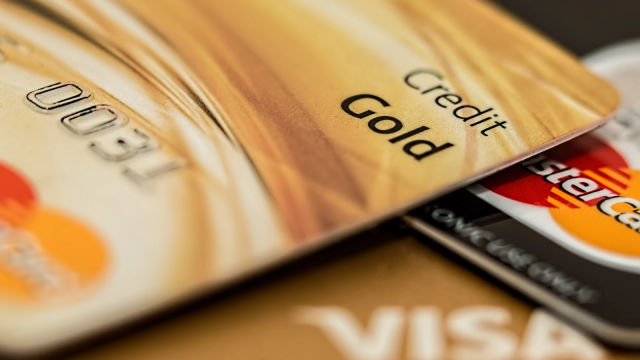Hack job
10 frugal hacks for saving money.


Polite Investor
I have always practicing being somewhat frugal. I worked on finding ways to save money on my daily spend and develop some habits that would help me save money in the long term.
With the price of everything going up and with inflation rampant, here are 10 of my favorite ways to save money as a busy professional. They may require some upfront work and maybe some difficult decisions, but they generally become automatic going forward.
1. Cut Cable
Cable is a big fixed expense, and most of the time, I never used it. In fact I don't really understand why people pay for it: low quality shows, excessive advertising, and repetative content. Pure garbage. A relic of a bygone era. Consider cutting cable and utilizing streaming services and a digital antenna instead. You can pick and choose streaming services and since they don't require commitments, you can just pay to watch the shows you're interest in for a short time and then quit if the service doesn't deliver any better content. If you use Amazon Prime, they throw their streaming service into the price.
2. Cancel Subscriptions
We tend to subscribe to services and then forget about them. Go through all your subscriptions with a fine-tooth comb and make sure you actually make use of them. Some subscriptions are reimbursed by credit card companies, for example American Express has a digital entertainment credit that reimburses subscriptions to things like Hulu, Audible, and the New York Times. Other cards have rotating offers you should check periodically. T-mobile will throw a Netflix subscription into some of its plans for free so you may not need a separate subscription.
3. Use Credit Cards Everywhere
I'm flabbergasted at the number of people I see using debit cards to pay in stores. Not only are they unsafe since they are directly tied to you bank account, so any fradulent activity causes you to lose money, but you are not rewarded for doing so. Credit cards will often give you cash back and perks for using them, which reduces your expenditure. For example, the Blue Cash card from American Express will give you up to 6% cash back on groceries. That's pretty sweet compared to nothing for a debit card. If you can, use rewards credit cards to pay for everything. Of course, use credit cards responsibly and never carry a balance or spend money you don't have.
4. Use Store Brands Or Switch Stores
I've never understood why people insist on buying branded goods, especially food brands. It's extremely rare that I find a brand that is worth paying a premium for, simply because the barrier to entry and replication is extremely low. This isn't like an iPhone where the proprietary technology and production costs makes it impossible to accurately clone at a lower price; your favorite cookie brand doesn't have anything special in it so a store brand can easily clone it. Subjectively I often find store brands can taste better and I buy them out of preference, not just cost.
Many of the staples we all purchase are the same everywhere, but some stores mark up prices a whole lot more to pay for pretty displays and staff (I'm looking at you Whole Foods, though your 365 brands are often very reasonable). Aldi, Trader Joe’s, and Walmart, to name but a few, keep lower overhead, and they can provide lower prices. These savings really add up. Aldi is often half the cost of my local supermarket.
5. Buy Used Or Previous Generation
Buy used goods for huge savings and a more environmentally conscious life. I routinely by used and vintage clothing, electronics and all sorts of items in excellent condition knowing that I'm not paying the markup and depreciation costs just to say I bought something new.
With electronics, especially phones, consider buying the previous year's model. Most companies make minor iterative improvements to their products on a yearly basis that rarely make them "must have". You can buy a previous model and have all of the features of the current model bar a few cosmetic differences.
6. Switch Phone Service Providers
Large cell phone service providers like AT&T and Verizon have zero interest in offering you value for money and don't. Ask yourself why do you pay $100 or more for cell service? There is no reason. Lower-cost alternative carriers like Cricket and Mint do the same job for a fraction of the price. As virtual operators (MNVOs), they piggyback on main the networks by bulk buying capacity and reselling it to consumers. The difference in cost can be significant, and often, the service is no different, especially in urban metropolitan areas. The big companies spread FUD by saying you get lower priority service and don't get perks like roaming, but in practice unless you live in a very rural area, these things will not be an issue. I use Mint for unlimited service with 10GB of 5G data for $22 a month (including taxes) and free hotspot. Try finding an AT&T package that's remotely comparable (hint you won't).
7. Have A Meatless Monday Or A Dry January
If you are already vegetarian/vegan then you can skip this option. Not only will going meatless save you money, but it is also a healthy option that will reduce your risks of chronic diseases. I gave up eating meat more than 20 years ago.
Check out all the benefits at this website dedicated to the Meatless Monday movement.
In a similar vein, why not stop drinking alcohol? In parts of Europe, alcohol is extremely cheap so one might understand its appeal, but as a European in the US, alcohol seems extremely expensive to me so not only will you be improving your health by giving it up, it will have a big impact on your wallet as well.
8. Skip Restaurants
I realized one day that I've never eaten an enjoyable or memorable meal in a restaurant, no matter the type of cuisine or the price point. So I stopped wasting my time and money eating in sit down restaurants more than a decade ago. What is the point of spending a premium to be inconvenienced by having to travel out of your way to eat mediocre food in a room full of strangers where, no matter how attentive the server is, the whole rigmarole is grossly inefficient and slow. Prepared food has it's place, but why eat a salad in some restaurant when you can go to a salad bar and have them freshly prepare a salad in front of you in a fraction of the time and for a fraction of the cost with better ingredients?
9. Simple Eating And Intermittent Fasting
Eat simple meals. You can make a fresh salad with some mixed greens, tomatoes, a little dressing, a protein such as tuna and some bread for a couple of bucks. People have an obsession with overly complicated (especially in restuarants) and over produced dishes. I take a reductionist approach and try to abstract meals into their simplest form. What is it I actually like about the ingredients? Can I taste each ingredient? Lots of ingredients, sauces, rich dressings pollute your palette and rob you of the true taste of the underlying food. Get rid of them.
Gordon Gekko once pronounced: "Lunch is for Wimps". That's facetious, but I am of the view that people eat too much. There is frankly no need to eat 3 square meals a day and you waste a ton of money doing so.
This doesn't constitute medical advice, I'm just telling you what works for me. I never eat breakfast, but during lockdown, I thought I'd commit to eating one meal a day. It took a couple of weeks to get comfortable with it, but after that I don't really think I can go back to eating multiple meals a day. I eat one meal in the evening during the week and one during mid afternoon on weekends or vacations. I might have some fruit or granola as a snack in the afternoon, but that's it.
I lost weight, felt better and saved a lot of money. You can eat for well under $5 a day eating just one simple meal.
10. Say No To Bottled Water
Not only is it ridiculously overpriced on a per litre basis, but the plastic bottles cause mass environmental damage. On top of that, the water quality is often less regulated than municipal drinking water from your tap so any claims to being "healthier" are mute. Get a refillable bottle and a water filter for your kitchen sink. Problem solved! I like the taste of tap water, even the water in Orlando, so I don't get why people complain about tap water; seems kinda pathetic to me.
- Small changes add up to big results. Once they are established, many of these savings are automatic. All of the changes I have mentioned above are part of my lifestyle and made my life better. The automatic savings here help me maintain a savings rate to invest consistently to hopefully become financially independent early. Living below my means gives me freedom by knowing I'll OK if I need to switch jobs or take some time off.
- Being frugal is not about being miserly, it is simply being judicious and only indulging in things that truly bring happiness and value to your life. Be cynical, but not a cynic. Think about the high consumption, wasteful lives you, your friends, your neighbors might be living and ask, is that really what I want? Does it bring me real fulfilment?
Do you have any favorite frugal hacks? Have they made your life better? How much do you think you save per year?


